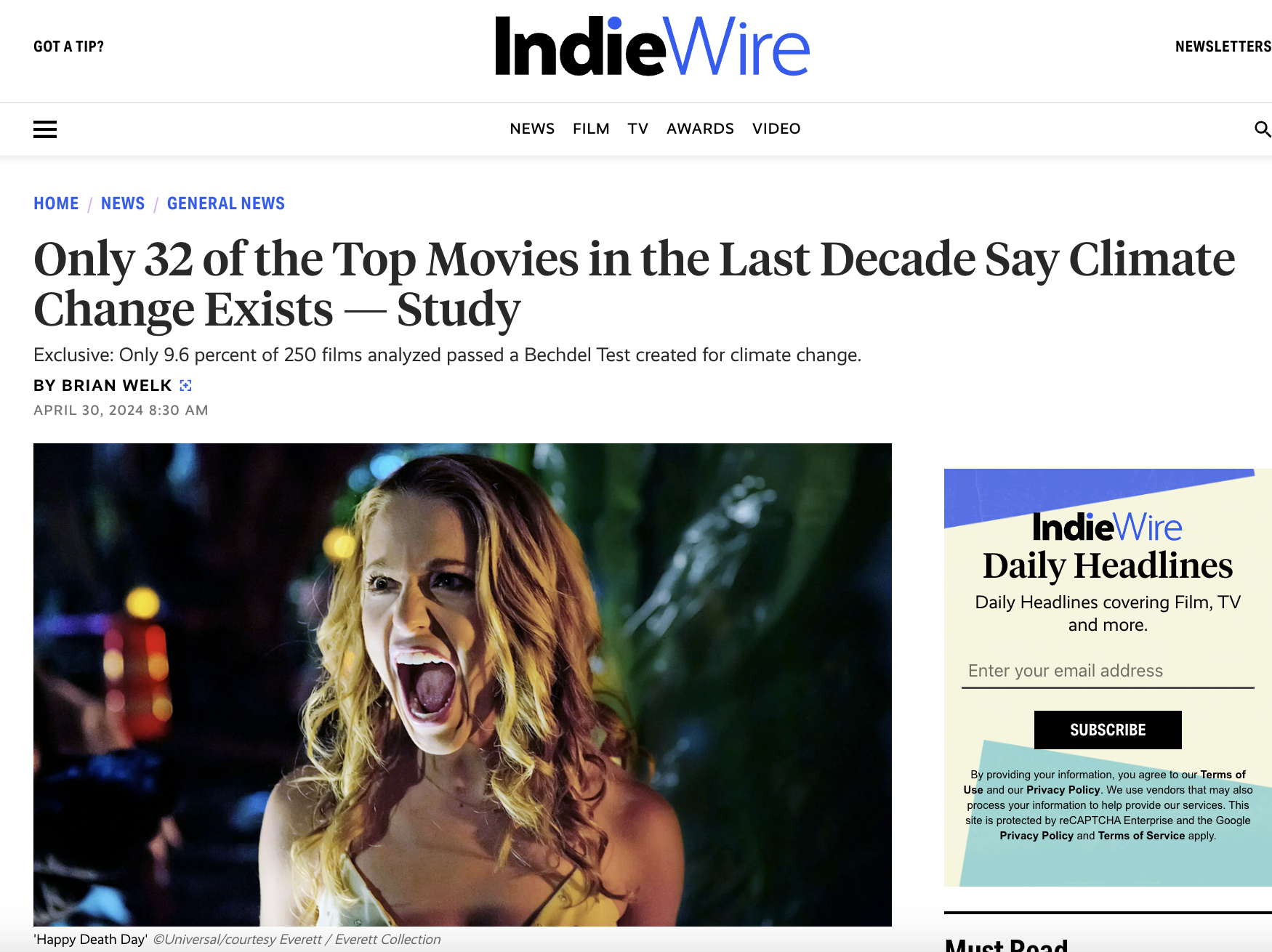Summary
Two different federal judges took a dim view of arguments like those that have been advanced by New York’s AG as part of his climate fraud investigation into Exxon Mobil.
While the federal lawsuits have no direct bearing on the state investigation, the judges’ responses highlight the investigation’s multiple weaknesses.
The second federal judge also dismissed the argument that Exxon Mobil has been using the “wrong” carbon price in its internal accounting methodology.
New York State attorney general Eric Schneiderman’s climate fraud investigation into Exxon Mobil (NYSE:XOM) was dealt a notable, albeit indirect, blow in recent weeks as two different federal judges took issue with two of the legal arguments that have served as grounds for the investigation. The investigation was not directly affected by these developments, since it is being pursued under a particularly expansive state law rather than a federal statute. That said, the fact that the arguments advanced by Mr. Schneiderman have been found to be lacking at the federal level explains why his office’s investigation has continuously had to find new causes of action in order to keep moving forward.
When Mr. Schneiderman launched the investigation back in 2015, he argued that Exxon Mobil may have committed fraud by failing to broadly announce the results of research conducted by its own scientists on the contribution of fossil fuel combustion to climate change in the 1970s and 1980s. As a coalition of Democratic attorneys general that Mr. Schneiderman helped to form stated a few months after the investigation was announced:
If there are companies – whether utilities or fossil fuel companies – committing fraud in an effort to maximize their short-term profit at the expense of the people we represent, we want to find out about it and want to expose it and we want to pursue them to the fullest extent of the law, prosecute them to the fullest extent of the law.


